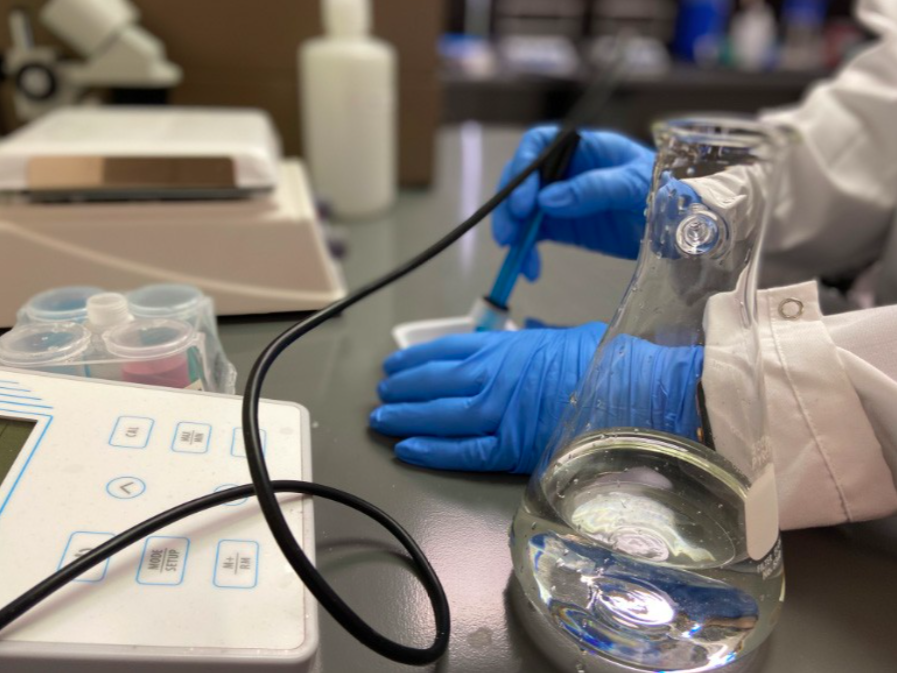CND Life Sciences has received a US$3 million grant to help advance research on a rare medical condition called REM (rapid eye movement) sleep behaviour disorder (RBD).
CND says that according to scientific literature, one per cent of the general population and two per cent of older people have RBD and the majority of those individuals’ are at risk of developing a serious synucleinopathy (neurodegenerative disease) before the end of their lives.
RBD causes people to have vivid and often disruptive or unpleasant dreams during the REM phase of deep sleep accompanied by violent body movements such as punching and kicking.
The grant was provided by the National Institute of Neurological Disorders and Stroke (NINDS), a part of the National Institutes of Health (NIH) and will support the company’s so-called Syn-Sleep Study conducted in partnership with the North American Prodromal Synucleinopathy Consortium (NAPS).
It will be the third time the NIH has awarded the company with funding aimed at research and development of the Syn-One Test, the only commercially available testing device capable of diagnosing synucleinopathy diseases through the use of skin biopsies (skin cell samples).
Read more: CBD Move Free collaborates with Arbor Hemp to launch sleep aid and weight loss capsules
Read more: iHeartMedia kicks off International Podcast Day with Chasing Sleep podcast series
The 80-patient Syn-Sleep Study will be a collaborative research endeavour undertaken with NAPS, an organization involved with a variety of studies pertinent to RBD.
The study aims to use the Syn-One Test and AI software to detect the presence of an abnormal protein in patients who are suspected to have RBD and be able to accurately anticipate whether the disease will convert itself into a more serious synucleinopathy like dementia or parkinson’s.
The company’s Syn-One Test utilizes three small skin biopsies that can be easily taken from a patient in a physician’s office. The test can accurately identify “phosphorylated alpha-synuclein,” an abnormal variation of a natural protein that is a key identifier of synucleinopathies, including RBD.
The company says that RBD is an early pre-motor manifestation of neurodegenerative illnesses such as Parkinson’s disease (PD), pure autonomic failure, Lewy body dementia (DLB) and multiple system atrophy (synucleinopathies) that can be detected 10-15 years prior to an individual being diagnosed with those serious aforementioned conditions.
Successful research outcomes will potentially enable clinicians to use the Syn-One Test to reliably diagnose RBD in its early stages and intervene with “disease-modifying therapies” and other evidence-based treatments to aid patients in the future.
“Identifying prodromal markers of neurogenerative disease is essential for research and clinical care,” said Dr. Mitchell Miglis, MD, clinical associate professor of neurology and neurological sciences at Stanford University.
Miglis added that identifying prodromal (early symptom) indicators was particularly significant for people with RBD as the disease itself is an initial manifestation of more serious neurodegenerative diseases and represents a window or opening for potential therapy with those who have it.
He also said that skin samples assessed by the Syn-One Test can potentially help to identify the underlying causes of RBD and assist with identifying patients for clinical trials in the future.
Read more: Amazon unveils Halo Rise bedside sleep tracker
Read more: Cannabinoid products provide similar sleep benefits to melatonin: Radicle Science
“Synucleinopathies represent a devastating group of diseases that evolve over many years and even decades. Being able to detect phosphorylated alpha-synuclein in patients with RBD could allow us to treat and even prevent debilitating diseases like PD and DLB before they fully develop,” said Todd Levine, chief medical officer of CND and principal investigator of the study.
“The success of future treatments for these disorders will be tied to how precisely and early we can understand the patient’s pathology.”














